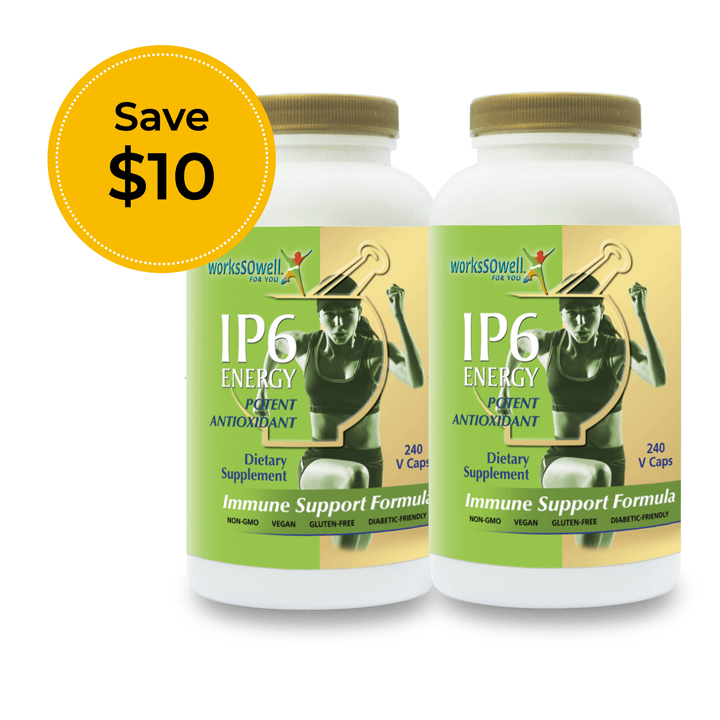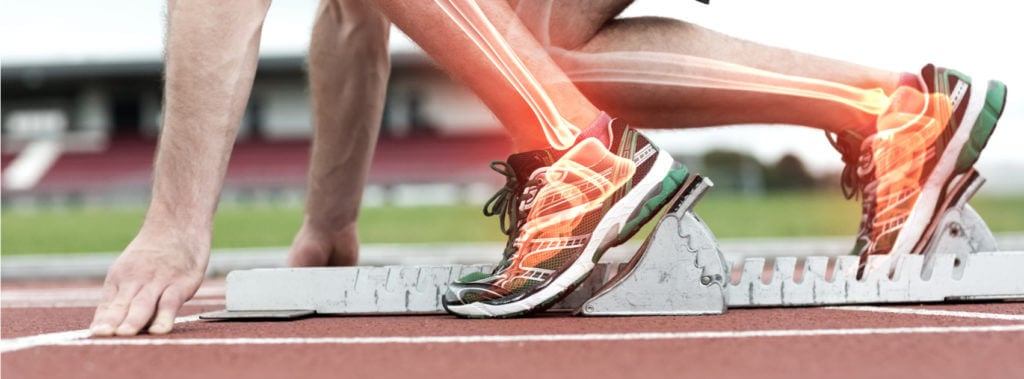Why Bone Health Is Important? You might not think much about your bones unless they are hurting you or you break one, but bone health is something you should keep in mind throughout your life.
If you have poor bone health in your early years, you will be more likely to experience osteoporosis, bone fractures, and disability once you get to your senior years. It is important to understand the risk factors that go into poor bone health, the signs of poor bone health, how to improve your bone health, and when you should see a doctor about bone health.
Factors That Play a Role in Bone Health
There are several factors that can impact your bone health now and in the future. While some of them are unavoidable (such as your sex and your age), others are lifestyle choices that you can improve or change.
Age
Part of the aging process includes losing calcium and bone density. This begins sooner than you might think; during your 30s, you will begin losing density in your bones. While most people in their 30s and 40s are not at risk for bone fragility, by the time you are in your 60s and beyond, the loss in bone density can lead to fractures.
Sex
Women are more prone to weakened bones than men are. This is due to hormones; after menopause, which usually occurs in a woman’s early 50s, bone density decreases more quickly than it did before menopause and also more quickly than it does in men.
Activity Level
People who have a sedentary lifestyle prior to middle age are more likely to have lower bone density (and poorer bone health) than those who have been active.
If you haven’t been active, however, you can turn things around: Exercising regularly improves muscular strength, which, in turn, can increase bone health. There are two types of exercises to focus on for bone health: muscle-strengthening and weight-bearing. These are in addition to the aerobic exercise that is important for cardiovascular health.
Diet
In general, following a healthy diet will help improve your bone health. Again, much of the damage is done prior to middle age, but changes during the later years can still help.
Calcium and vitamin D are two nutrients that are essential to bone density. Magnesium, potassium, and vitamin K are also important.
Signs of Poor Bone Health
While a broken hip or another broken bone is a clear sign that your bone health is not as good as it could be, that is not the only clue that something is amiss. There are other signs of poor bone health that you should be aware of…
- Weak or brittle fingernails. If your fingernails are in good health, that’s a sign that your bones are also healthy. The opposite can also be true, but remember that your fingernails are exposed to many more elements than your bones are. Things such as washing dishes, using nail polish and nail polish removers, and gardening will impact your nail health without impacting your bone health.
- Dental issues. If you are experiencing receding gums, bone loss, or loose teeth, that is a good indication that you might also be losing bone density. Again, your personal habits can impact this, but if you are brushing and flossing regularly and still having dental issues, it’s wise to consider your bone health as well.
- Loss of muscular strength. Muscle strength is linked to bone health. If you are noticing that your grip is not what it once was or you are losing stamina and strength you once had, your bone health might be suffering.
How to Improve Bone Health
No matter how old you are, there are some steps you can take to improve your bone health and reduce your risk of fractures and low bone density both now and in the future. Here are just a few:
- Exercise regularly. Getting regular exercise strengthens both your muscles and your bones. Aerobic exercise will keep your heart and lungs in good shape, but what you want to focus on are weight-bearing and muscle-strengthening exercises. You can use your own body for resistance and do push-ups, sit-ups, leg lifts, and so on. You can also use the weight machines at the gym. However, you should talk to your doctor before starting any new exercise program.
- Eat a healthier diet. Be sure that your diet is full of fruits and vegetables (particularly leafy greens such as kale, spinach, cabbage, and broccoli), lean protein sources, healthy fats, dairy products, and whole grains. These foods will help you get the essential nutrients you need for good bone health.
- Take vitamins and supplements. Talk to your doctor about whether you should be taking a calcium, vitamin D, potassium, or magnesium supplement. If you are not getting these in your diet or if you are deficient, a supplement regimen can help you improve your bones. A great supplement for bone health, which also has many other positive health benefits, is IP6 Energy. Recognized as a potent antioxidant, IP6 acts to neutralize the damaging effects of free radicals on body cells and has been shown to enhance the immune system and support healthy cellular activity.* Additional research indicates IP6 & Inositol may support healthy renal function,* promote heart health,* and help maintain healthy glucose metabolism.* IP6 Energy is a rich source of calcium, phosphorus, and magnesium that supports and maintains strong, healthy bones. Additionally, a supplement that supports joint and muscle health, such as 1TDC™, can help improve mobility and decrease recovery time as you take on a new exercise regimen.
- Make lifestyle changes. Better overall health will lead to better bone health. If you are smoking, take the steps needed to quit. Moderate your alcohol use, too. Be sure you are getting enough sleep and that you are controlling your stress levels.
When to See a Doctor
Talk to your doctor the next time you see him or her for a routine checkup to discuss your bone health. If you are having any signs of poor bone health, make an appointment sooner. You can also ask whether you should have a bone density scan done; most doctors will recommend that a woman has one done at age 65 and that a man has one done at age 70.
Take control of your bone health by learning more about it and taking positive steps toward increasing your bone density. Don’t wait; even if you are in your 20s, making good choices now can help you stay healthy and active well into your 70s and beyond.
Looking for an additional boost to your bone health? IP6 Energy is a natural dietary supplement that contains calcium, magnesium, and other vital nutrients. Add IP6 Energy to your daily regimen and give your bones the support they need!
IP6 Energy Immune Support 2 Bottles (480 V-Caps)

$120.00
$130.00
IP6 Energy is perhaps the world’s most significant whole natural dietary supplement for boosting your immune system. It will support natural killer-cell activity*, delivering results you can feel. The Powerful IP6 Energy Immune Support Formula Is a potent antioxidant* Provides patented immune support* Promotes… read more










